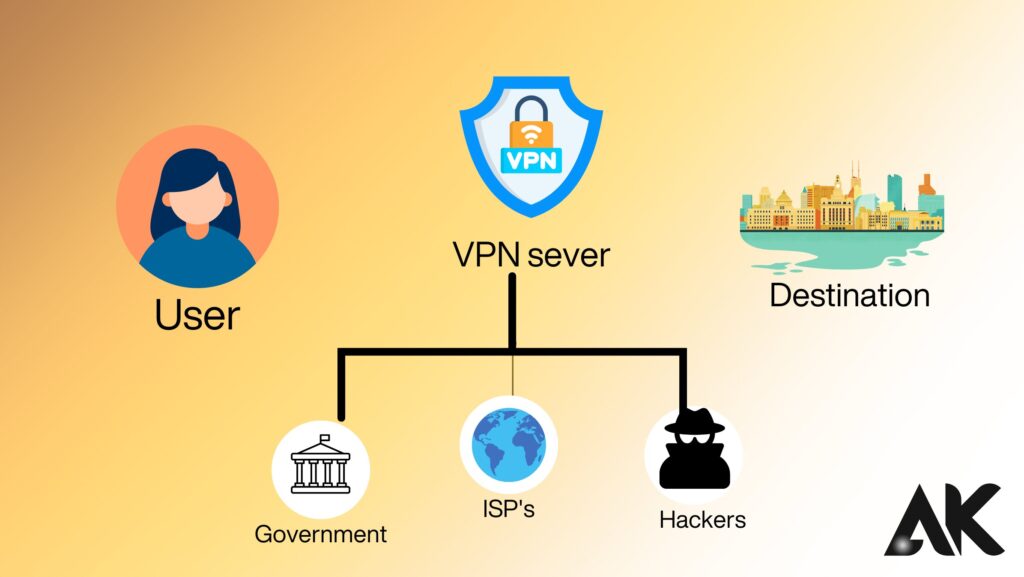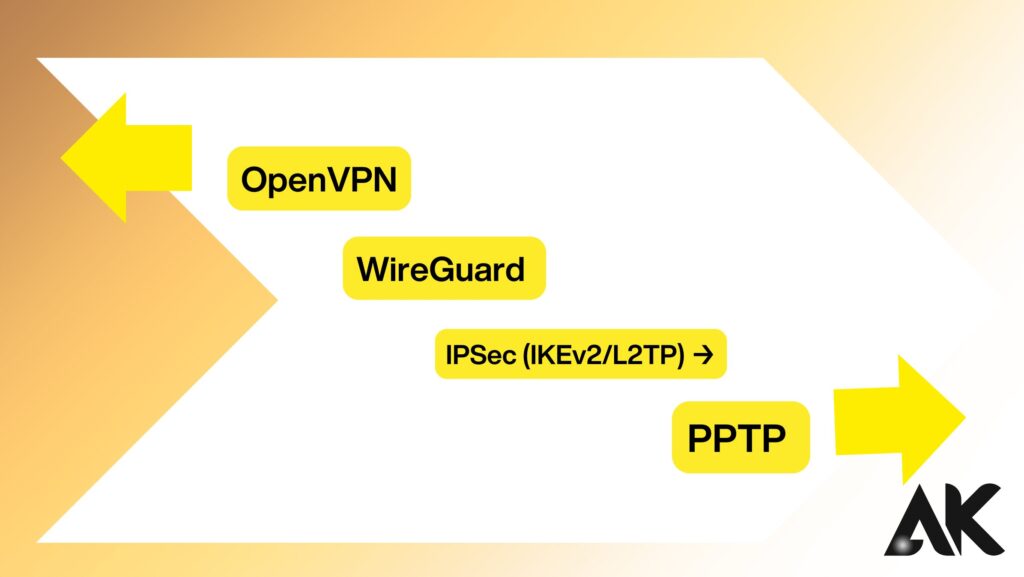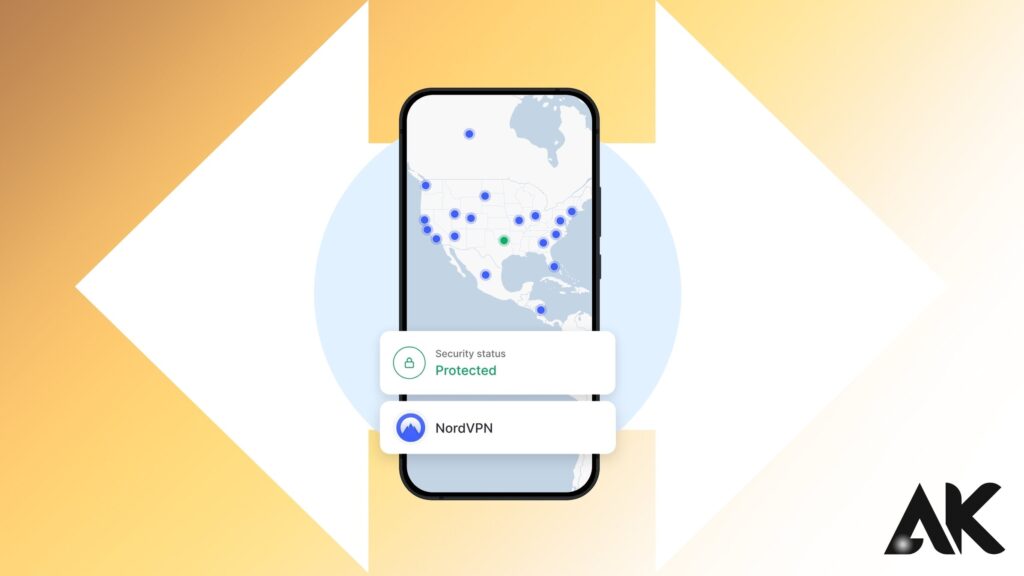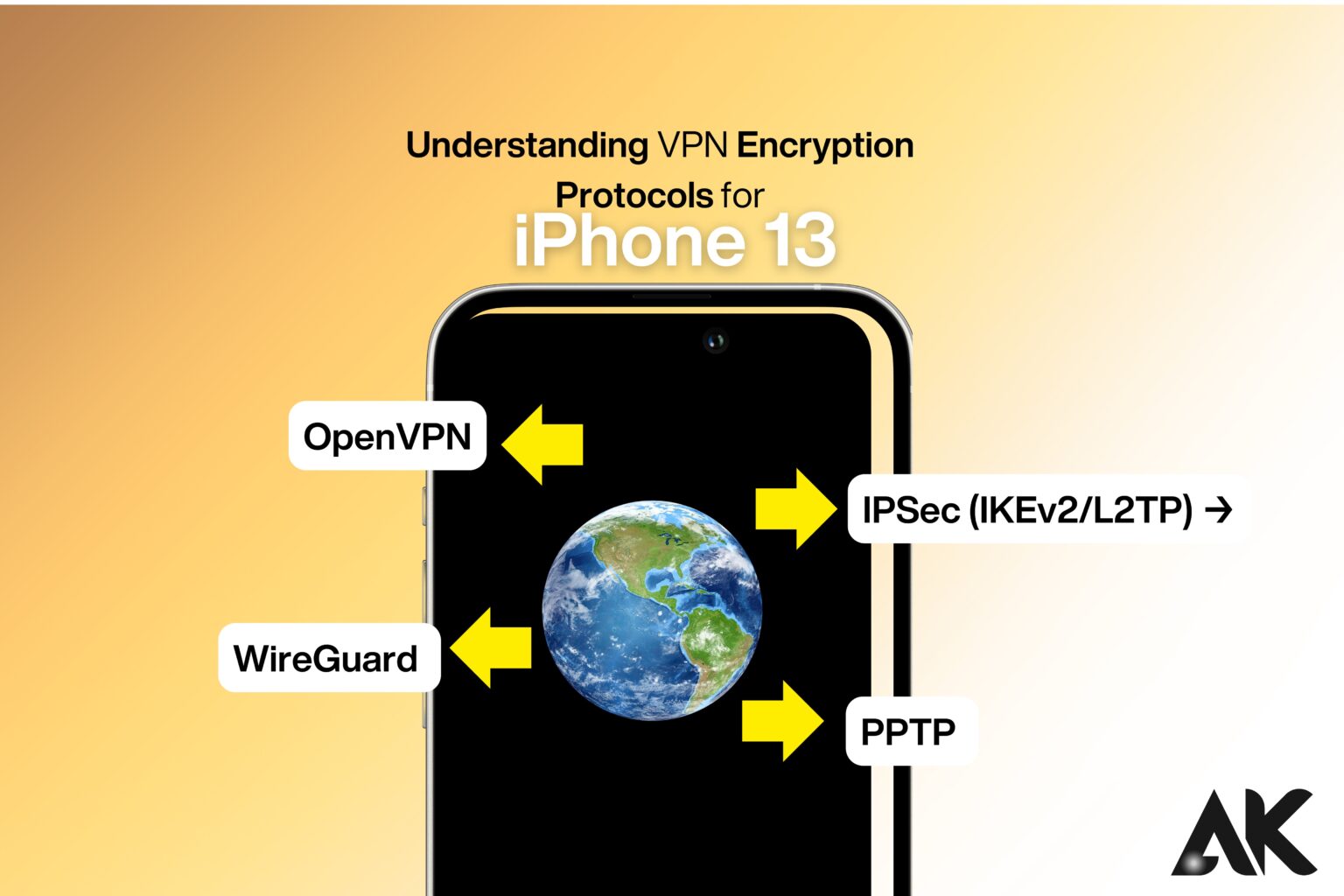Ever wondered how your online data stays safe on your iPhone? The answer lies in VPN encryption protocols. Understanding VPN encryption protocols for iPhone users is crucial for keeping personal data secure while browsing, streaming, or using public Wi-Fi. These protocols determine how your data is encrypted, ensuring privacy from hackers and snoopers.
This blog will break down the most common VPN encryption protocols—like OpenVPN, IKEv2, and WireGuard—so you can choose the best one for your iPhone. Whether you need speed, security, or a balance of both, knowing how these protocols work will help you make smarter choices. Ready to explore the best encryption methods for your iPhone? Let’s dive in!
What Are VPN Encryption Protocols?

VPN encryption protocols are a set of rules that dictate how data is encrypted and transmitted between your iPhone and the VPN server. These protocols ensure that your online activities remain private and protected from cyber threats.
Why Encryption Matters
- Data Security: Protects sensitive data from hackers.
- Privacy Protection: Hides your browsing history from ISPs.
- Secure Wi-Fi Access: Prevents attacks on public networks.
- Bypass Censorship: Allows access to restricted websites.
Popular VPN Encryption Protocols for iPhone Users

Different VPN encryption protocols offer varying levels of security, speed, and reliability. Here’s a breakdown of the most commonly used protocols:
1. OpenVPN – The Gold Standard
OpenVPN is an open-source protocol known for its strong encryption and flexibility. It’s widely used due to its balance between security and speed.
| Pros | Cons |
| ✅ Strong encryption (AES-256-bit) | ❌ Slightly slower than newer protocols |
| ✅ Highly secure and open-source | ❌ Requires third-party apps on iOS |
| ✅ Works on most networks |
2. IKEv2/IPSec – Best for Mobile Users
IKEv2 (Internet Key Exchange version 2) is ideal for iPhone users due to its ability to maintain a stable connection while switching networks (Wi-Fi to mobile data).
| Pros | Cons |
| ✅ Fast and stable connection | ❌ Limited compatibility with some VPNs |
| ✅ Great for mobile users | ❌ Closed-source (developed by Microsoft and Cisco) |
| ✅ Strong encryption |
3. WireGuard – The Future of VPNs
WireGuard is a modern VPN protocol designed for speed and efficiency. It offers faster connections and lower battery consumption, making it an excellent choice for iPhone users.
| Pros | Cons |
| ✅ Faster than OpenVPN and IKEv2 | ❌ Still under development |
| ✅ Lightweight and efficient | ❌ Not supported by all VPN providers |
| ✅ Strong security |
4. L2TP/IPSec – A Secure Backup
L2TP (Layer 2 Tunneling Protocol) combined with IPSec (Internet Protocol Security) provides a secure and reliable VPN connection, though it is slower than newer protocols.
| Pros | Cons |
| ✅ Strong encryption | ❌ Slower than OpenVPN and WireGuard |
| ✅ Reliable for bypassing restrictions | ❌ Blocked by some firewalls |
5. PPTP – Outdated but Fast
PPTP (Point-to-Point Tunneling Protocol) was one of the first VPN protocols but is now considered weak in security. It’s fast but not recommended for protecting sensitive data.
| Pros | Cons |
| ✅ Very fast speeds | ❌ Weak encryption |
| ✅ Easy to set up | ❌ Easily blocked by firewalls |
Comparison of VPN Encryption Protocols for iPhone Users

The table below summarizes the differences between the major VPN encryption protocols:
| Protocol | Security | Speed | Stability | Best Use Case |
| OpenVPN | 🔒🔒🔒🔒🔒 | 🚀🚀🚀 | ✅✅✅✅ | General browsing, security |
| IKEv2/IPSec | 🔒🔒🔒🔒 | 🚀🚀🚀🚀 | ✅✅✅✅✅ | Mobile users, switching networks |
| WireGuard | 🔒🔒🔒🔒 | 🚀🚀🚀🚀🚀 | ✅✅✅✅ | Fast connections, low battery usage |
| L2TP/IPSec | 🔒🔒🔒 | 🚀🚀 | ✅✅✅ | Backup option for older networks |
| PPTP | 🔒 | 🚀🚀🚀🚀🚀 | ✅✅ | Speed over security (not recommended) |
How to Choose the Right VPN Protocol for Your iPhone
When selecting a VPN encryption protocol for your iPhone, consider these factors:
1. Security First
- Choose OpenVPN, IKEv2/IPSec, or WireGuard for strong security.
- Avoid PPTP unless speed is your only priority.
2. Speed vs Encryption
- If you want fast connections, go for WireGuard or IKEv2.
- If you prioritize encryption, choose OpenVPN.
3. Compatibility with iOS
- IKEv2/IPSec is the most stable on iPhones.
- WireGuard and OpenVPN require a third-party VPN app.
Setting Up a VPN on Your iPhone
Follow these steps to set up a VPN with your chosen encryption protocol:
Using a VPN App (Easiest Method)
- Download a trusted VPN app from the App Store (ExpressVPN, NordVPN, ProtonVPN, etc.).
- Sign in and choose your preferred encryption protocol in the settings.
- Connect to a VPN server and browse securely!
Manual VPN Configuration (For IKEv2 and L2TP/IPSec)
- Go to Settings > General > VPN & Device Management > Add VPN Configuration.
- Choose the protocol (IKEv2 or L2TP/IPSec).
- Enter the VPN server details from your provider.
- Save and connect.
Final Thoughts
Understanding VPN encryption protocols for iPhone users is key to choosing the best balance of security, speed, and performance. If you prioritize security, OpenVPN or IKEv2/IPSec is ideal. For the fastest experience, WireGuard is the way to go. Avoid outdated protocols like PPTP unless speed is your only concern.
By selecting the right VPN protocol, you can browse safely, protect your privacy, and access restricted content without worry. Ready to secure your iPhone with the best encryption? Choose the right VPN and enjoy a safer online experience!
FAQS
Q1. What is the best VPN encryption protocol for iPhone users?
A. The best VPN encryption protocol for iPhone users depends on your needs. IKEv2/IPSec is the most stable for mobile users, OpenVPN offers the best security, and WireGuard provides the fastest speeds with strong encryption. Avoid PPTP as it is outdated and insecure.
Q2. How do I change the VPN encryption protocol on my iPhone?
A. To change the VPN encryption protocol, go to your VPN app’s settings and select the preferred protocol (OpenVPN, IKEv2/IPSec, or WireGuard). If setting up manually, go to Settings > General > VPN & Device Management > Add VPN Configuration and enter the details provided by your VPN service.
Q3. Does using a VPN slow down my iPhone’s internet speed?
A. Yes, but the impact depends on the protocol. WireGuard and IKEv2 offer faster speeds, while OpenVPN is slightly slower but more secure. Choosing a nearby VPN server can also help reduce speed loss.

